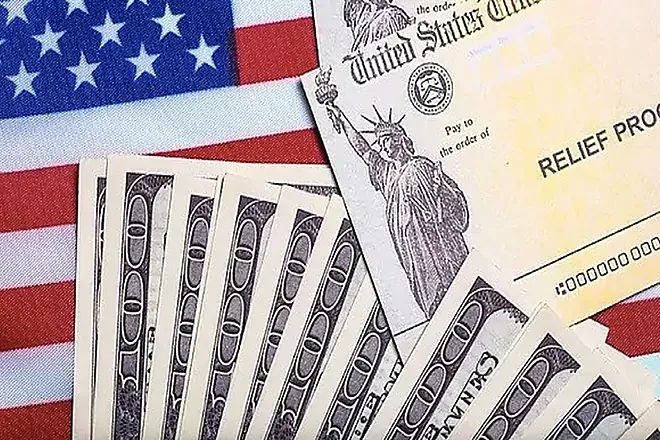Whether you’ll need a cosigner for a student loan depends on your credit history, income, and the type of loan you’re applying for.
A cosigner agrees to take legal responsibility for repaying the loan if you can’t. Lenders assess both your finances and your cosigner’s, which can boost approval odds and help secure lower interest rates.

- Federal loans usually don’t require a cosigner, but PLUS loans may if you have poor credit.
- Private loans almost always require a cosigner for students with limited credit or income.
- A cosigner with strong credit can lower your interest rate.
- Both you and your cosigner share full repayment responsibility.
When a Cosigner Is (and Isn’t) Required
Federal Student Loans
- Most federal student loans (like Direct Subsidized and Unsubsidized Loans) do not require a cosigner.
- The exception is PLUS loans—borrowers with adverse credit history (bankruptcy, wage garnishment, or serious delinquency in the last 5 years) may need an endorser.
- Endorser vs. Cosigner: An endorser is essentially the federal version of a cosigner and must sign a formal agreement to repay if you don’t.
Upcoming change: From July 1, 2026, the One Big Beautiful Bill Act will eliminate Grad PLUS loans and set new borrowing limits for Parent PLUS loans—likely pushing more students toward private financing.
Private Student Loans
- Most private lenders—banks, credit unions, and online loan providers—require a cosigner if you have little or no credit history or a low credit score.
- Even if you qualify alone, a cosigner with strong credit can secure better rates and repayment terms.
What Lenders Look At Before Requiring a Cosigner
Private lenders typically evaluate:
- Age and credit history
- Current income and job stability
- Debt-to-income ratio
- Credit score (usually 670+ for best approval odds without a cosigner)
If you have a short credit history or inconsistent income, a cosigner can be the deciding factor.
Choosing the Right Cosigner
According to Katarina Ellison, Director at Sallie Mae, an ideal cosigner should have:
- Strong credit history
- Solid financial stability
- Willingness to discuss repayment openly
Mark Kantrowitz, student loan expert and author of How to Appeal for More College Financial Aid, warns that cosigners are equally obligated to repay the debt. Late or missed payments will hurt both your credit scores.
Common cosigner choices include:
- Parents
- Relatives
- Spouses
- Trusted friends
Q: Do federal student loans require a cosigner?
A: No—most federal loans don’t. The exception is PLUS loans, where borrowers with adverse credit may need an endorser.
Q: When do private student loans require a cosigner?
A: Often, if the borrower has little credit history, low income, or a low credit score.
Q: Can a cosigner help me get a lower interest rate?
A: Yes—a cosigner with excellent credit can help you qualify for better rates and terms.
Q: Who is the best person to ask to cosign a student loan?
A: Someone with a strong credit history, stable income, and a relationship built on trust, like a parent or close relative.







